Bhubaneswar: The suicide of a Nepali student at a major university in Odisha’s capital has ignited anger, grief, and protests among her fellow students. The Kalinga Institute of Industrial Technology’s heavy-handed response and its failure to address the students’ anguish with sensitivity have sparked a diplomatic crisis between India and its neighbour, Nepal.
Prakriti Lamsal, a third-year BTech computer science student with a promising future, found the alleged harassment unbearable. The 20-year-old, after reaching out to the university’s international grievance cell for help, is said to have taken her own life in her hostel room.
Within hours of her death, KIIT students took to the streets demanding justice. Instead of addressing their concerns, the university ordered the indefinite eviction of all Nepalese students from the campus. Videos showing these students being forcibly removed quickly went viral on social media, further enraging the Nepalese government.
Students recounted having to beg and borrow to return home to Nepal. The Prime Minister of Nepal intervened, dispatching a two-member delegation to Bhubaneswar to assist them.
Although it’s common in India to use force to disperse student protests, the KIIT management’s alleged rough handling of international students turned this into a full-fledged diplomatic crisis. And that is why the suicide of a Nepali student at KIIT University is ThePrint’s Newsmaker of the Week.
Even as protests have subsided and a three-member committee has been formed by the state government to investigate the matter, attention remains focused on the Bhubaneswar campus, which has now become a fortress guarded by police and the Odisha State Action Force.
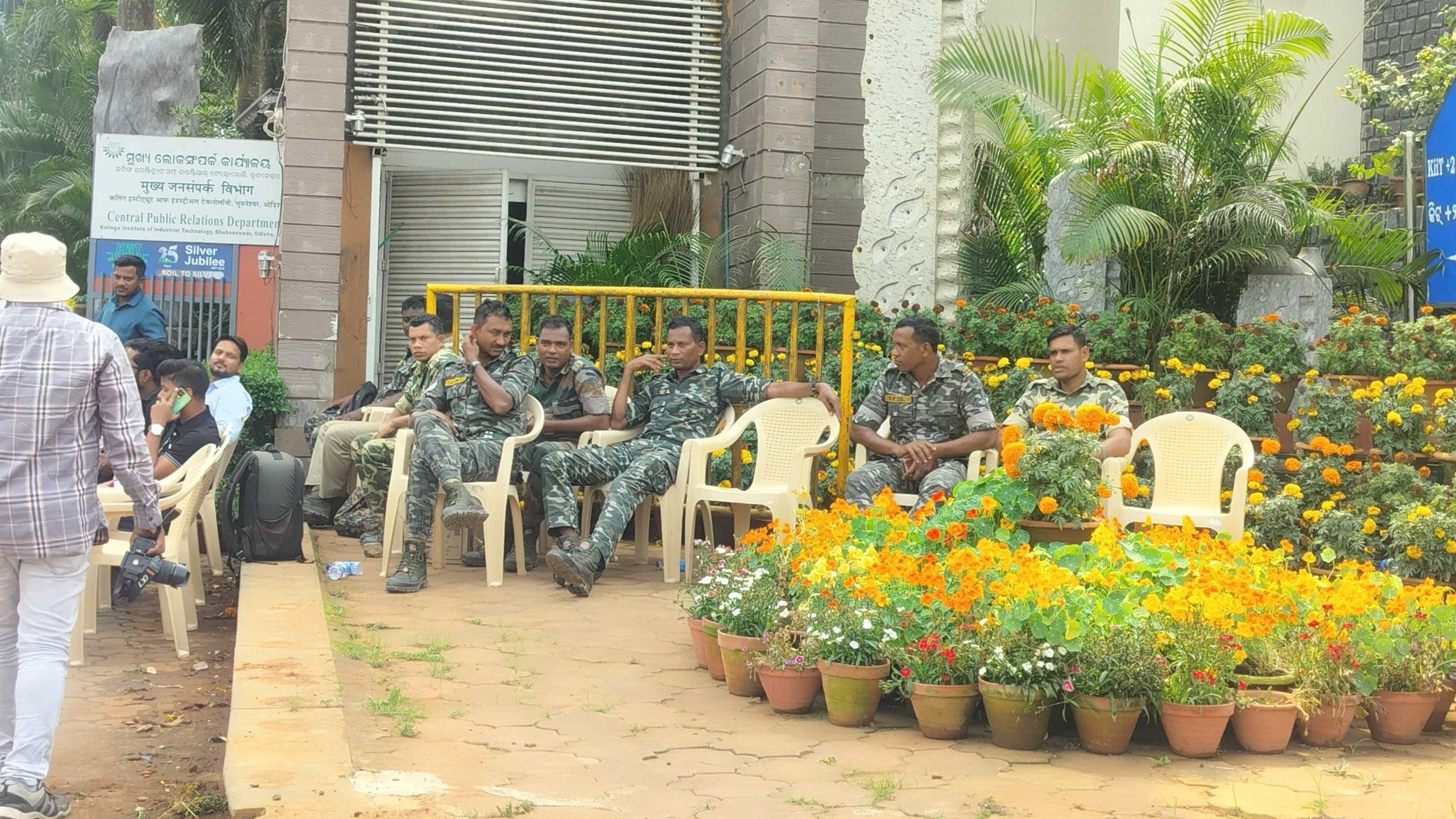
Nepali student suicide on KIIT campus
On the night of 16 February, Lamsal’s cousin filed a police complaint, alleging that she had been harassed by her ex-partner, Advik Srivastava from Lucknow.
The news of Lamsal’s suicide spread like wildfire. Both Nepalese and Indian students gathered near the university library, demanding justice and the immediate arrest of Srivastava.
The next day, a video went viral showing two teachers—Manjusha Pandey, an assistant professor, and Jayanti Nath, the joint director of the girls’ hostel and student affairs—making racist remarks. In the video, Pandey is seen telling students that the institute feeds and educates 40,000 students for free, while Nath added that this figure exceeds Nepal’s GDP.
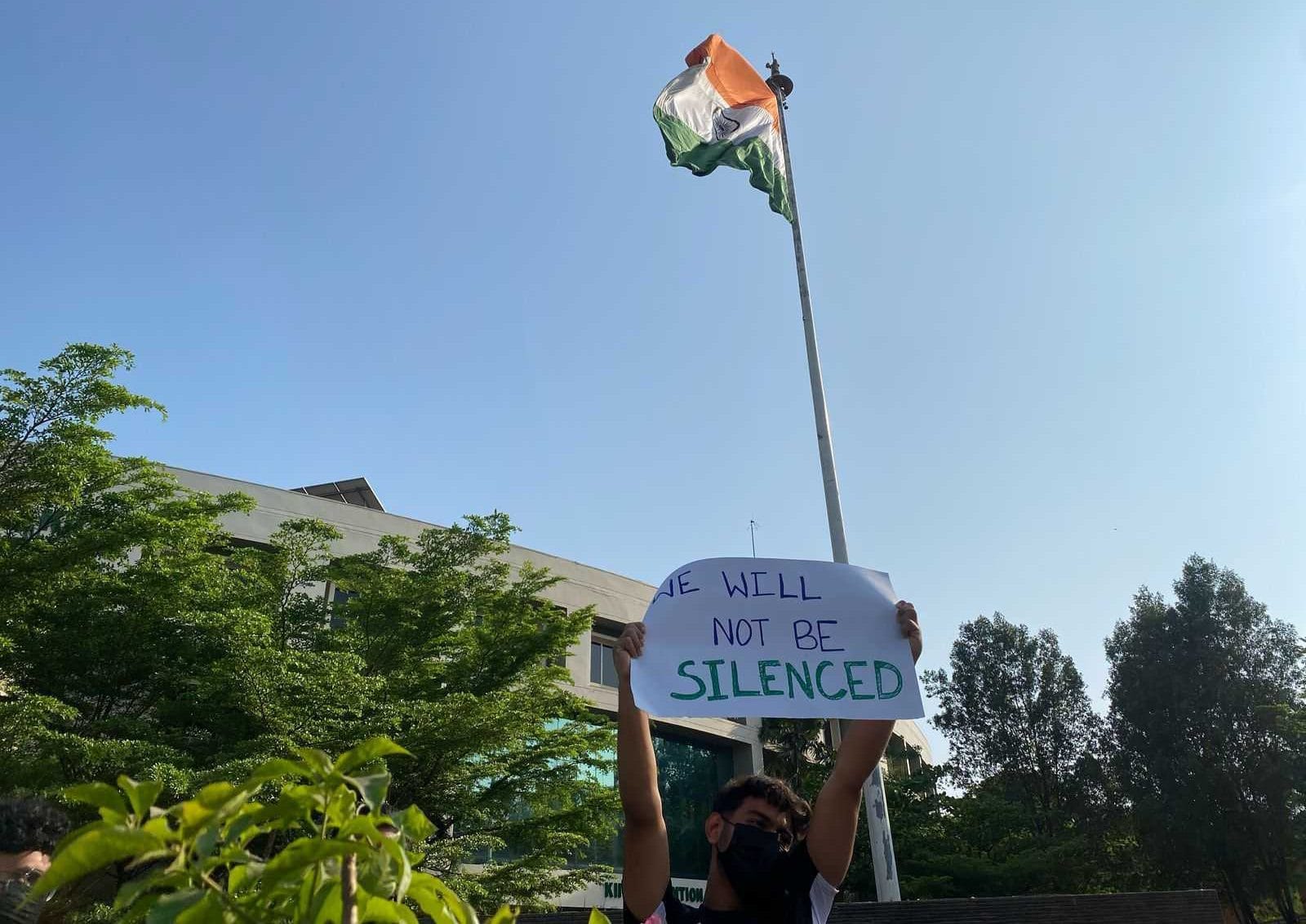
This comment further inflamed tensions. Nepalese lawmakers described Lamsal’s death as mysterious and called for an independent investigation in both houses of parliament.
One Nepalese lawmaker, Madhav Sapkota, accused the government of incompetence for failing to protect its students from humiliation in India and urged high-level political dialogue between the two nations.
By the end of the day, the university was forced to apologise and revoke its eviction order. But it was too late for many; a majority of Nepalese students had already left the campus, boarding buses, trains, and taxis to return home.
KIIT staff arrested, granted bail same day
After such a traumatic and violent day, many students expect stricter action, arguing that a mere apology was not enough.
“Many of my friends are seriously injured. They should get a strict punishment. Only a “sorry” is not sufficient for such human beings who forgot humanity,” one Nepalese student said in a text message.
Police arrested Srivastava along with five KIIT staff members on 18 February; the staff members were granted bail on the night of their arrest.
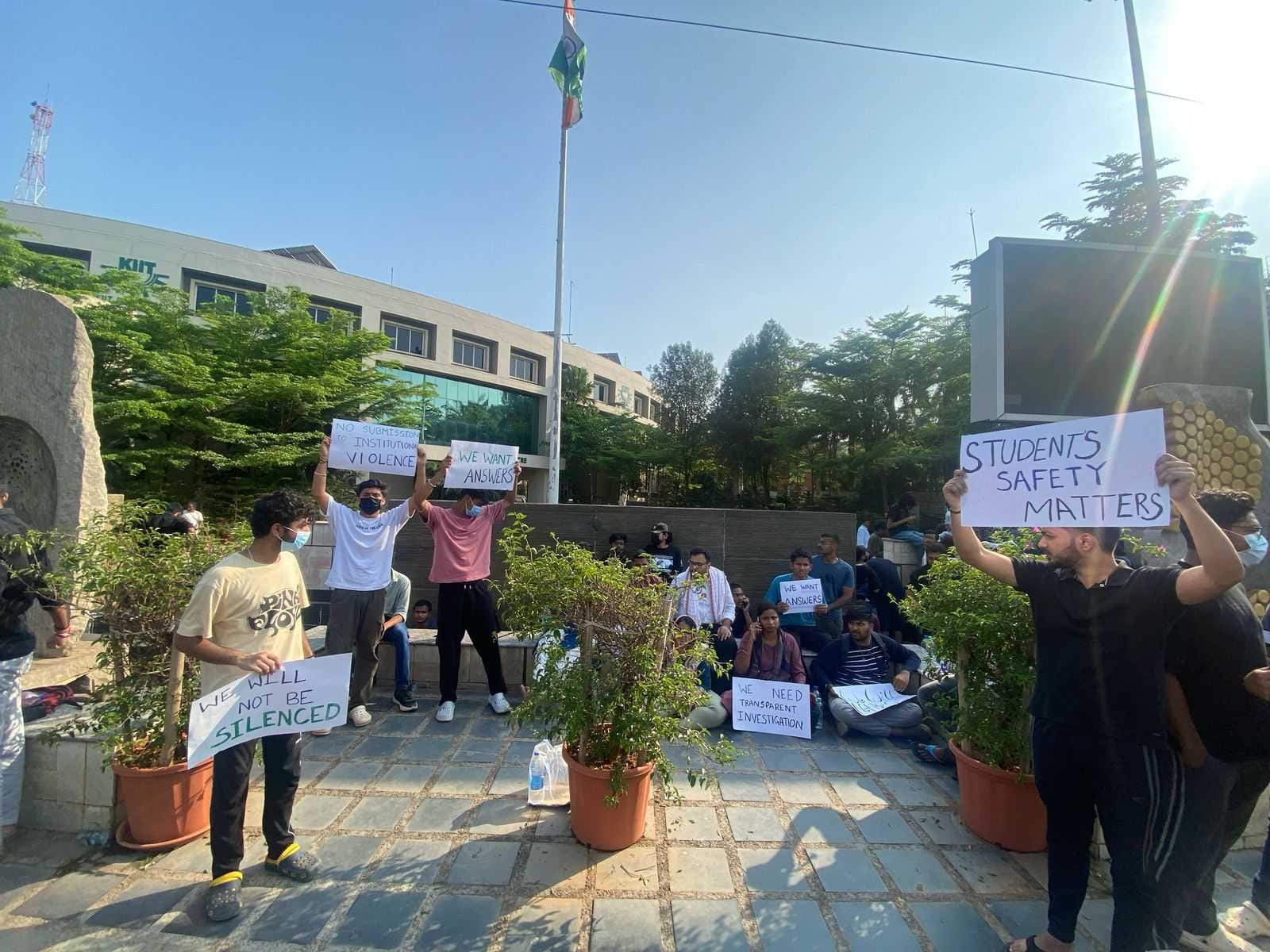
Meanwhile, students who participated in protests on 17-18 February reported that their teachers and wardens prohibited their involvement and monitored their phone activity. Although approximately 200 students marched on 18 February demanding justice, the following day only a handful staged a dharna outside the university.
The absence of a student union meant there was no coordination among students, causing the protests to fizzle out. This also allowed organisations like the Bajrang Dal to enter the campus on 20 February and burn an effigy of KIIT’s founder, Achutya Samanta.
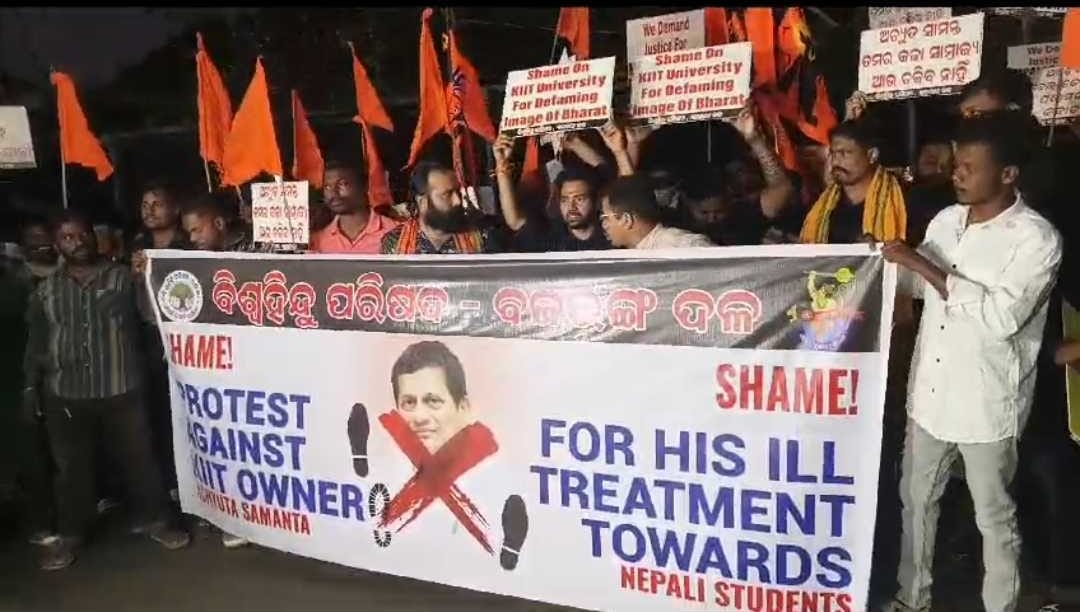
Amid the chaos, India’s reputation as an emerging hub for international students from developing countries has taken a huge beating.
Views are personal.
(Edited by Prashant)



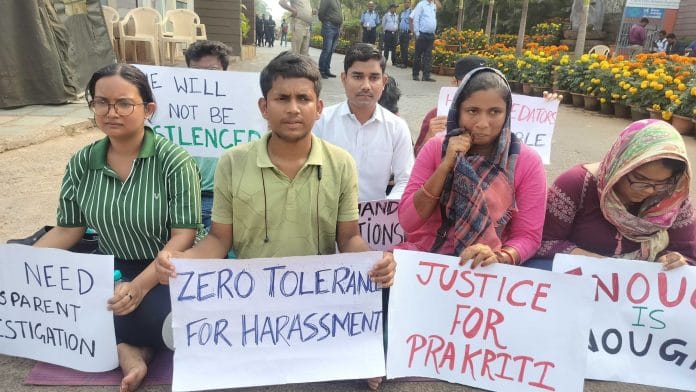



KIIT must be closed down. And it’s founder Achyuta Samanta must be arrested and prosecuted.